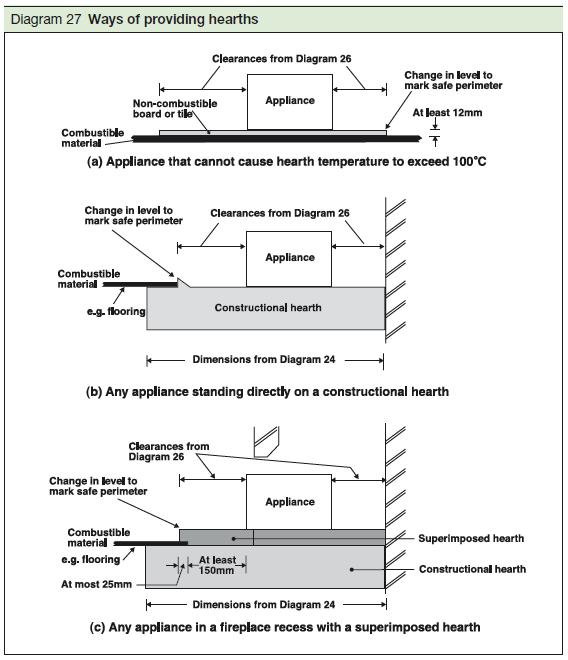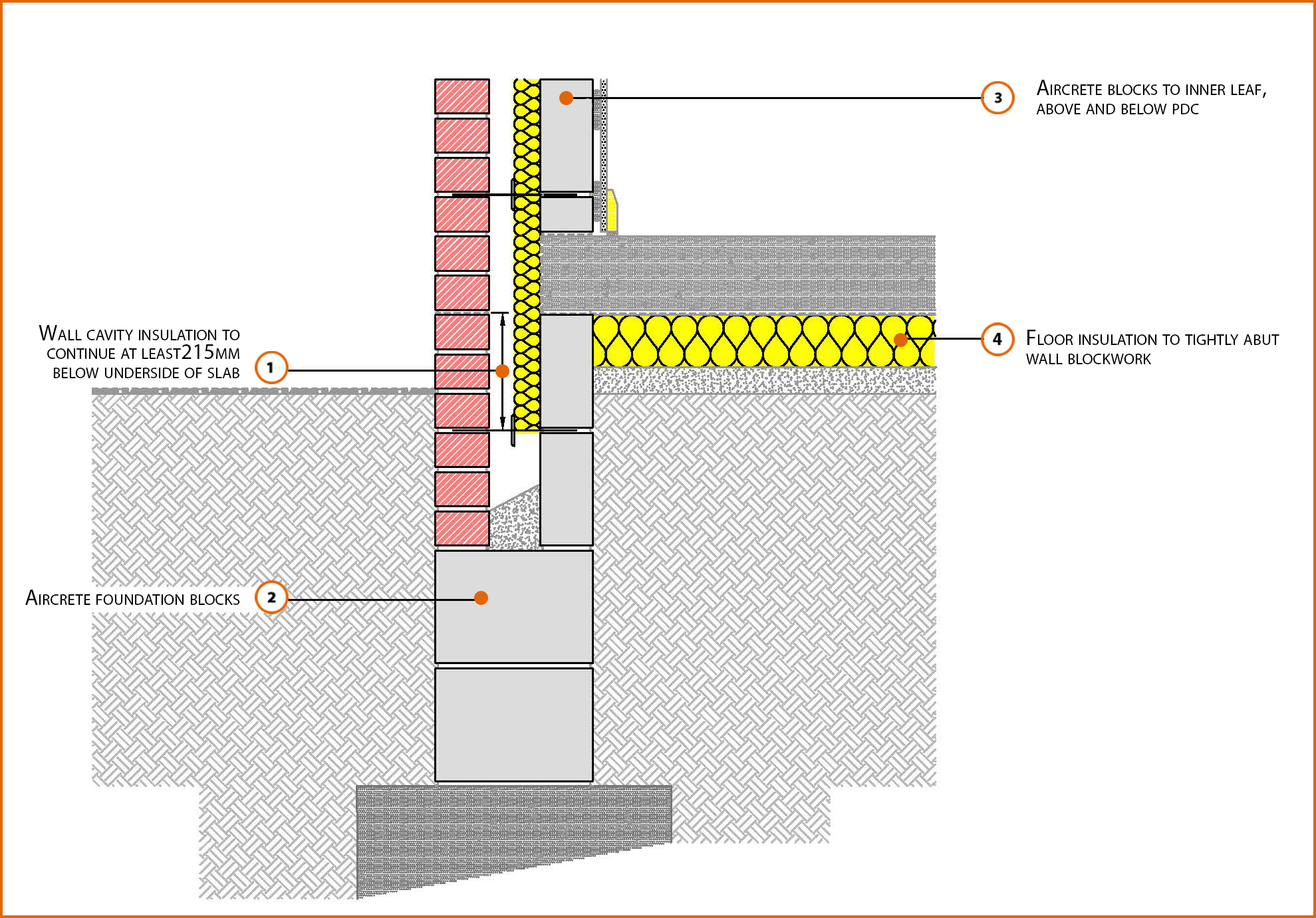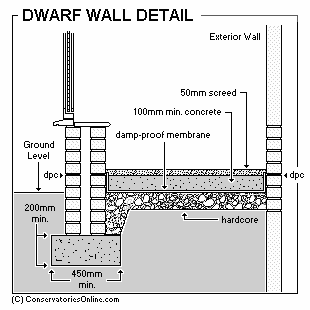Concrete floor building regulations ensure safety, durability, and compliance with local construction standards. These regulations cover aspects such as load-bearing capacity, insulation, and moisture control. Proper thickness and reinforcement are required to support the intended use, whether residential, commercial, or industrial. Insulation standards aim to improve energy efficiency, reducing heat loss through the floor. Adhering to these guidelines ensures the concrete floor meets structural and environmental requirements.
Moisture control is a critical aspect of concrete floor building regulations. Damp-proof membranes (DPM) or vapor barriers are often required to prevent moisture from seeping into the floor. This is especially important in basements or ground-level floors, where water infiltration can cause damage. Proper curing and sealing of the concrete also help minimize moisture-related issues. Compliance with these measures ensures the floor remains durable and free from mold or mildew.
Building regulations also address fire safety and acoustic performance for concrete floors. Fire-resistant materials and construction methods may be required to prevent the spread of flames. Acoustic insulation standards aim to reduce noise transmission between floors, particularly in multi-story buildings. These requirements vary depending on the building’s purpose and location. Meeting these standards enhances safety and comfort for occupants.
Proper installation and inspection are essential for compliance with concrete floor building regulations. Hiring qualified professionals ensures the floor is constructed to code and passes necessary inspections. Documentation, such as engineering reports and material certifications, may be required to demonstrate compliance. Regular maintenance and repairs help preserve the floor’s integrity over time. Following these steps ensures the floor meets all legal and safety requirements.
Concrete floor building regulations play a vital role in ensuring safe, durable, and efficient construction. By addressing structural integrity, moisture control, fire safety, and acoustics, these standards protect both property and occupants. Adhering to regulations during installation and maintenance ensures the floor performs as intended. Whether for residential or commercial use, compliance with building codes guarantees a high-quality concrete floor that stands the test of time.
Building Regulations and Wood Burning Stoves
E5MCPF28 Suspended In-Situ Concrete Floor, Insulation Below Slab LABC
DIY Conservatories How to Erect a Conservatory DIY Doctor
Construction
Port Glasgow Joint Campus : Waterman Group : Consulting Structural Civil and Services Engineers
Opening up a Fireplace: Costs, Regs and How to Homebuilding & Renovating
Related Posts:









